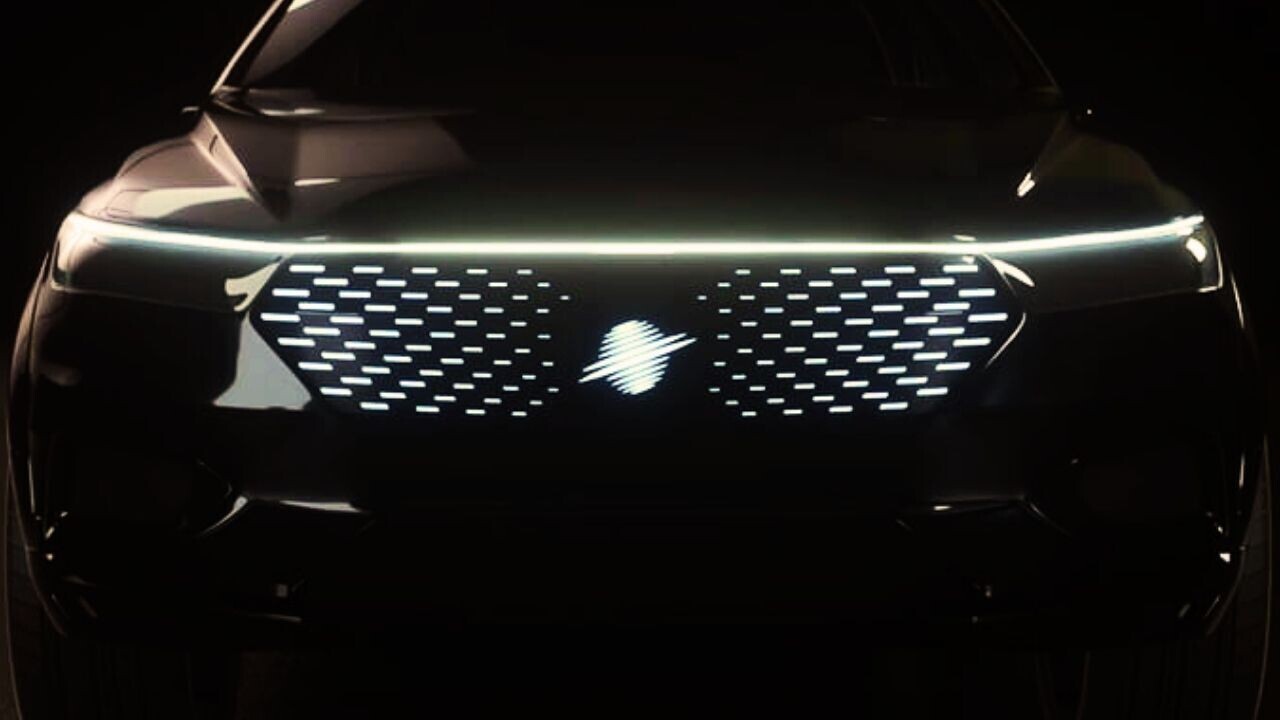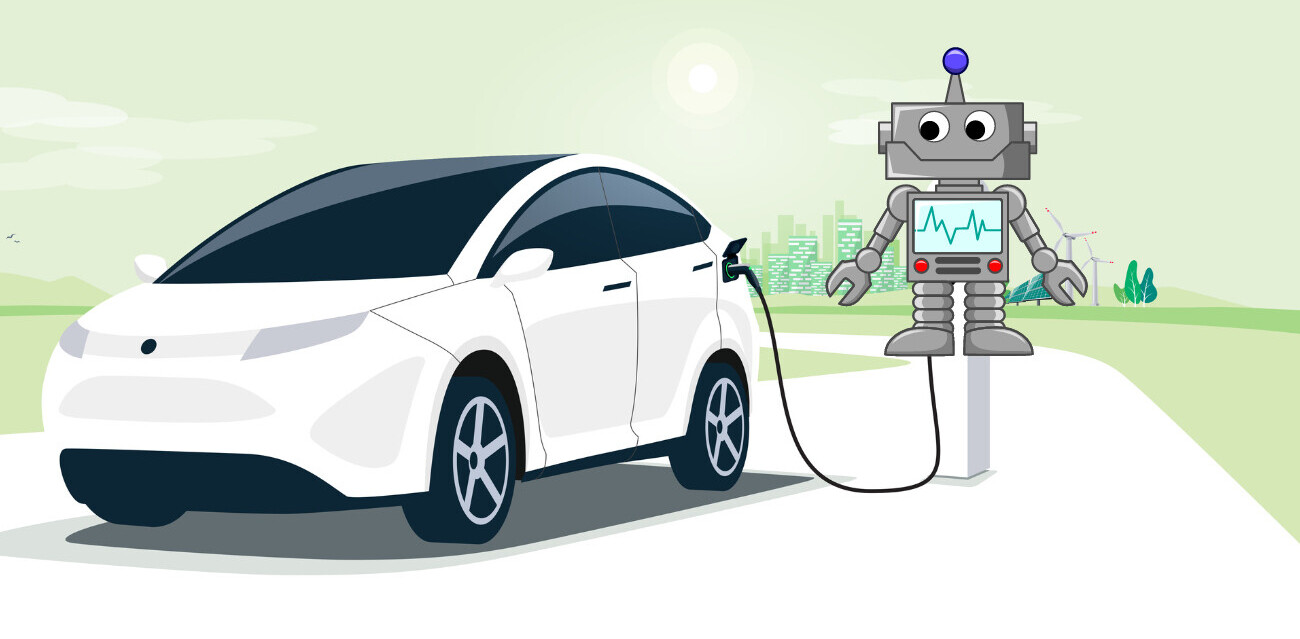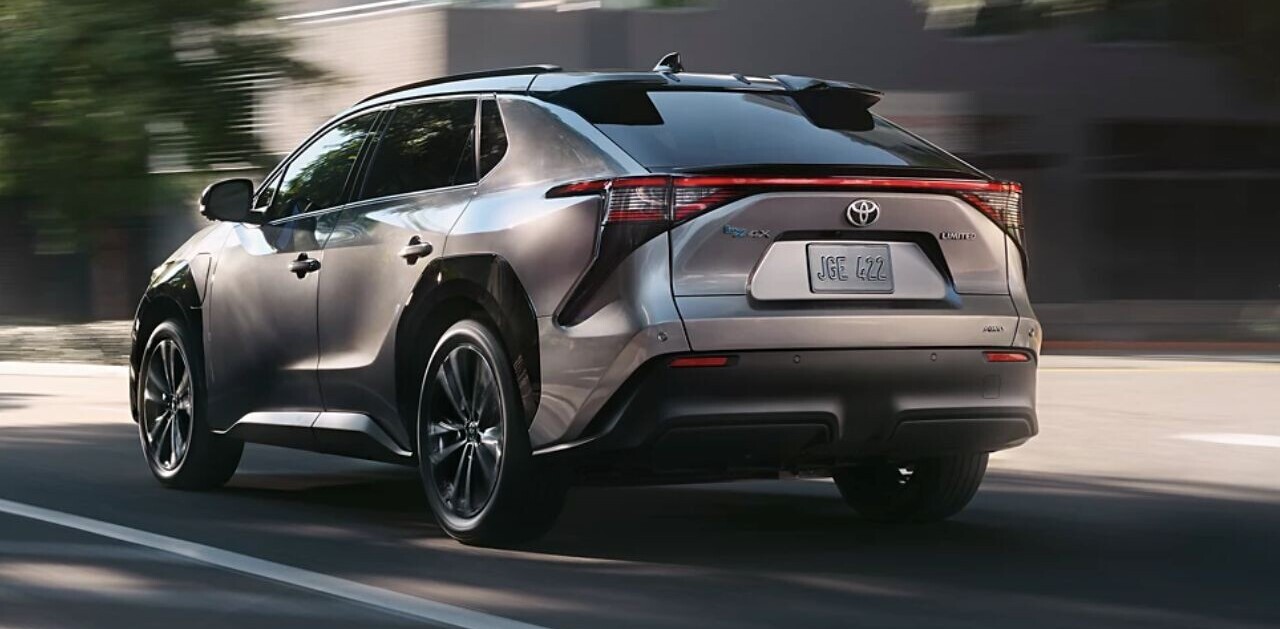Electric vehicles don’t really need radiator grilles. They’re there because we’re used to seeing them on the front of gas guzzlers, as EVs don’t need an external air flow to cool down a stinky engine.
For this reason, automakers such Tesla, Kia, and Hyundai have removed them from their EVs’ design, keeping a small grille space beneath the bumper instead.

Others, like BMW, have kept loyal to radiator grilles as part of their brand identity.

And automotive parts suppliers like Hella are seeing a new market opportunity.
The German-based company has developed an intriguing alternative to traditional radiator grilles: integrated multifunctional panels.
First up, Hella’s offering a fully-customizable panel design to enhance a brand’s design identity. The panels can have a different appearance during the day and night, distinct lighting options, and animations. Car makers can choose to integrate them in the vehicle’s original color, a homogenous black, or a stylish chrome.

In addition to the design aspect, Hella’s panels have also been created to provide practical functionalities — something that decorative current grilles don’t offer.
As such, they can feature radar covers (called “radomes”), radar sensors, LiDAR, and cameras for driver assistance systems.
Finally, they serve as protection for sensitive systems, such as parking assistants or automatic distance control. They can also be heated, ensuring reliable operation even in bad weather — or so the company claims.
Interestingly, Hella’s first integrated panel already went into production in the third quarter of 2021 for an unnamed European car maker. Another special panel for a European EV brand is underway and is expected to go into series production in Q3 2022.
Personally, I find the idea of radiator grilles quite anachronistic when it comes to EVs, so I’m interested to see how alternatives like Hella’s panels can add to the electric cars’ design language and overall operation.
Get the TNW newsletter
Get the most important tech news in your inbox each week.





